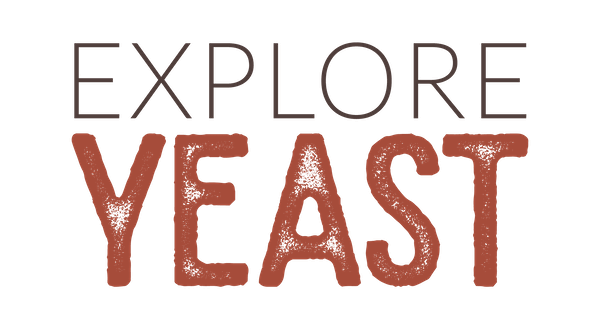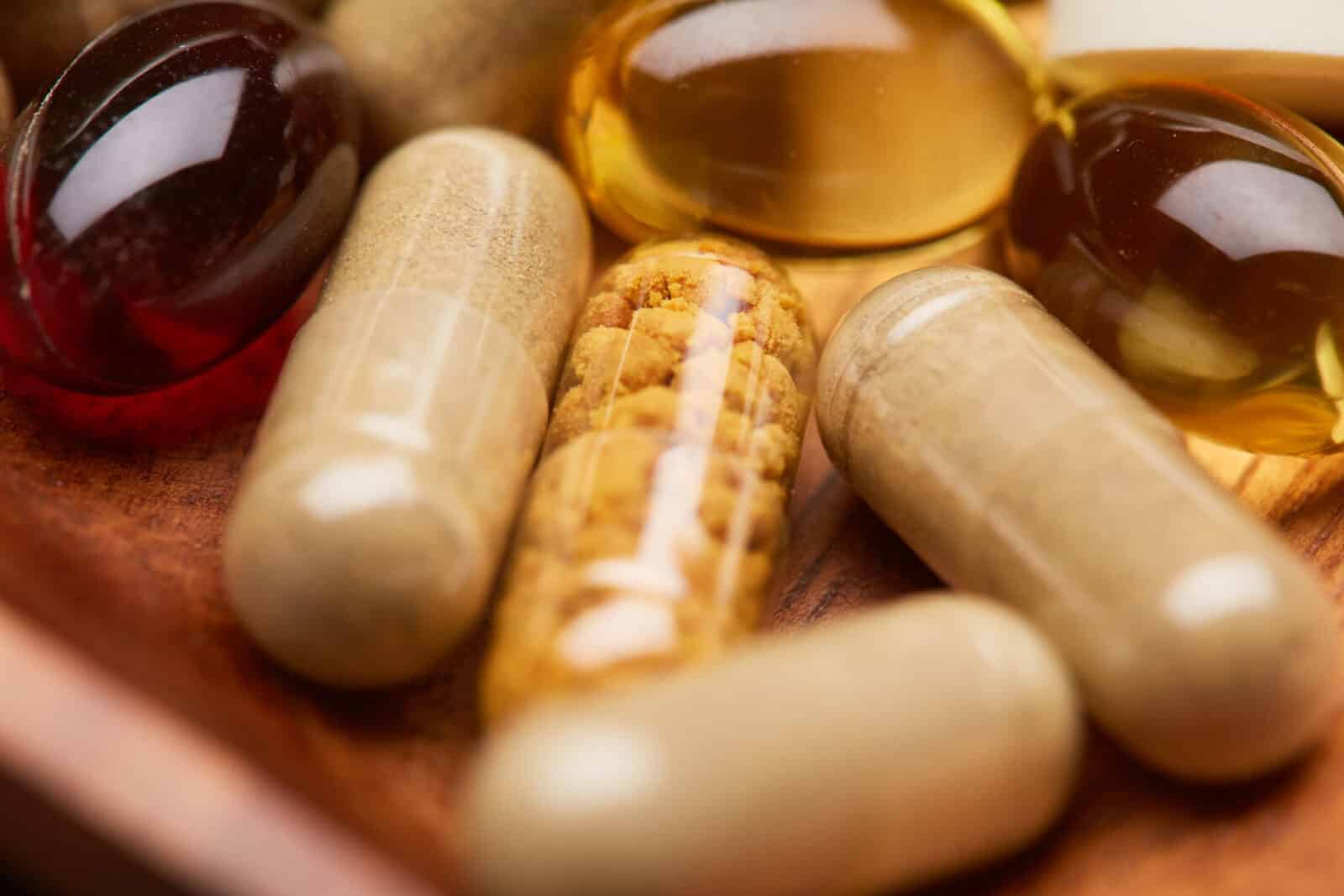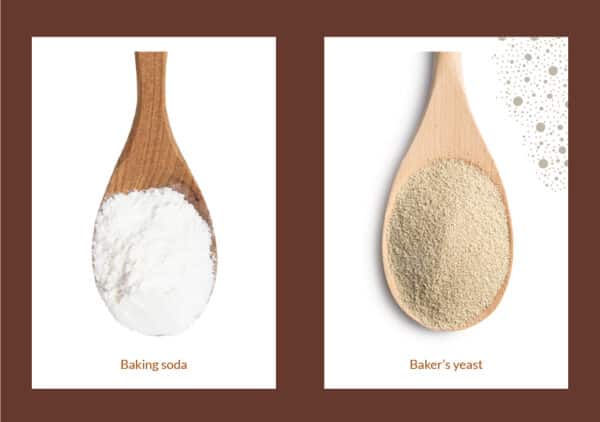Yeasts and supplements
Active or living yeast is used to make bread rise, however, other yeasts such as inactive yeast can also be obtained from the microorganism Saccharomyces cerevisiae, and can be used for other purposes including food supplements.
Yeasts can usually be separated into two categories for use in food supplements:
- Unfortified: an unfortified yeast provides only the vitamins and minerals already naturally present in the yeast cells as they grow.
- Fortified: this type of yeast contains additional vitamins combined during the production process to boost the nutrient content. Fortified yeast is more common for food supplements as it offers the most potential benefits.
Unfortified yeasts
Yeast, both living and inactivated, has numerous vitamins and minerals that when used to make food supplements may contribute to a balanced nutritional intake including:
- Magnesium
- Thiamine (B1)
- Riboflavin (B2)
- Pyridoxine (B6)
- Potassium
- Zinc.
Saccharomyces cerevisiae in particular is rich in zinc, phosphorus, iron, and magnesium, these four minerals are trace elements essential for the proper functioning of the human body. Additionally, yeast is rich in fibers and proteins while having little to no fat or salt.
Two tablespoons of unfortified yeast are comprised of roughly:
- Calories: 50
- Protein: 8 grams
- Fat: 1 gram
- Carbohydrates: 5 grams
- Fiber: 4 grams
- Sugar: 0 grams.
Inactive yeasts can come from several different origins including primary-grown and molasses-based yeast. These types are suitable for all diets.
As mentioned previously, brewer’s yeasts are the by-products of beer production. The dead yeast cells left over from the brewing process can be taken as a nutritional supplement. This means the yeast has an excellent nutritional profile filled with vitamins, proteins, and fibers.
Fortified yeasts
Yeast producers can carefully select different strains of yeast and feed them various vitamins or add nutrients after fermentation to produce yeasts rich in vitamins or minerals like selenium, folic acid, or vitamin B.
For example, fortifying the yeast for food supplements with B vitamins, allows the yeast to provide vitamins B1, B2, B3, B6, B9, and B12. These vitamins are essential for immune health, energy metabolism and production, and psychological functions.
It also contains all nine essential amino acids, making it a complete protein like those found in animal products.
As a food supplement, yeasts can be viewed as a Swiss Army knife of nutrition, providing a wide variety of nutrients including proteins, fibers, vitamins, and several key minerals
Probiotic yeasts as a food supplement
Probiotics are living microorganisms, which can be bacteria or yeast, and have benefits for the body. Probiotics in food supplements can help one to maintain balance in one’s gut microbiota(1). Probiotics may help the gut in several ways including:
- Improving the diversity in the microbiota and strengthening the physical intestinal barriers of the gut.(2)
- Helping the immune system by protecting the intestine against colonization by exogenous pathogens and other harmful microorganisms.(3)
- Regulating the production of inflammatory agents, which serves to ensure a balanced and healthy functioning gut.(4)
The most used probiotic microorganisms for food supplements are bacteria, however, probiotic yeasts such as Saccharomyces cerevisiae are becoming increasingly prominent.
Probiotic yeasts used in food supplements such as Saccharomyces cerevisiae and Saccharomyces boulardii may help to effectively balance the diversity of your microbial ecosystem(5)(6). This in turn may contribute to reducing symptoms of intestinal discomfort like abdominal pain, bloating, and transit disorders and ultimately lead to a higher quality of life!(7)
When used as a food supplement these types of probiotic yeasts are suitable for everyone because they are lactose-free, non-GMO, Kosher, and Halal!
Yeast is perfect for food supplements
As you can see, nutritional yeasts and probiotic yeasts are particularly interesting ingredients for food supplements. They are nutritionally excellent, providing proteins, fibers, minerals, and vitamins, with a low fat and sugar composition, and as a probiotic, they are well known for providing digestive health benefits, and supporting immunity!
So, make sure you look out for yeast in your food supplements so that you can gain from all of the nutritional value that yeast has to offer!




